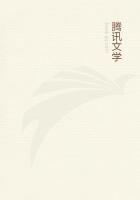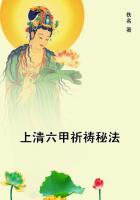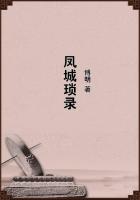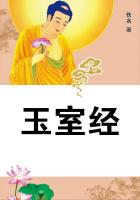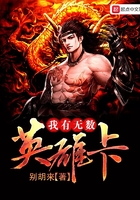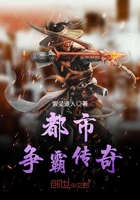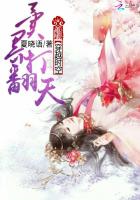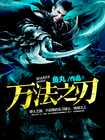It is when Mr. Tylor merges the study of mythology into the wider inquiry into the characteristic features of the mode of thinking in which myths originated, that we can best appreciate the practical value of that union of speculative boldness and critical sobriety which everywhere distinguishes him. It is pleasant to meet with a writer who can treat of primitive religious ideas without losing his head over allegory and symbolism, and who duly realizes the fact that a savage is not a rabbinical commentator, or a cabalist, or a Rosicrucian, but a plain man who draws conclusions like ourselves, though with feeble intelligence and scanty knowledge. The mystic allegory with which such modern writers as Lord Bacon have invested the myths of antiquity is no part of their original clothing, but is rather the late product of a style of reasoning from analogy quite similar to that which we shall perceive to have guided the myth-makers in their primitive constructions. The myths and customs and beliefs which, in an advanced stage of culture, seem meaningless save when characterized by some quaintly wrought device of symbolic explanation, did not seem meaningless in the lower culture which gave birth to them. Myths, like words, survive their primitive meanings. In the early stage the myth is part and parcel of the current mode of philosophizing; the explanation which it offers is, for the time, the natural one, the one which would most readily occur to any one thinking on the theme with which the myth is concerned. But by and by the mode of philosophizing has changed; explanations which formerly seemed quite obvious no longer occur to any one, but the myth has acquired an independent substantive existence, and continues to be handed down from parents to children as something true, though no one can tell why it is true: Lastly, the myth itself gradually fades from remembrance, often leaving behind it some utterly unintelligible custom or seemingly absurd superstitious notion. For example,--to recur to an illustration already cited in a previous paper,--it is still believed here and there by some venerable granny that it is wicked to kill robins; but he who should attribute the belief to the old granny's refined sympathy with all sentient existence, would be ****** one of the blunders which are always committed by those who reason a priori about historical matters without following the historical method. At an earlier date the superstition existed in the shape of a belief that the killing of a robin portends some calamity; in a still earlier form the calamity is specified as death; and again, still earlier, as death by lightning. Another step backward reveals that the dread sanctity of the robin is owing to the fact that he is the bird of Thor, the lightning god; and finally we reach that primitive stage of philosophizing in which the lightning is explained as a red bird dropping from its beak a worm which cleaveth the rocks. Again, the belief that some harm is sure to come to him who saves the life of a drowning man, is unintelligible until it is regarded as a case of survival in culture. In the older form of the superstition it is held that the rescuer will sooner or later be drowned himself; and thus we pass to the fetichistic interpretation of drowning as the seizing of the unfortunate person by the water-spirit or nixy, who is naturally angry at being deprived of his victim, and henceforth bears a special grudge against the bold mortal who has thus dared to frustrate him.
The interpretation of the lightning as a red bird, and of drowning as the work of a smiling but treacherous fiend, are parts of that primitive philosophy of nature in which all forces objectively existing are conceived as identical with the force subjectively known as volition. It is this philosophy, currently known as fetichi**, but treated by Mr.
Tylor under the somewhat more comprehensive name of "animism,"which we must now consider in a few of its most conspicuous exemplifications. When we have properly characterized some of the processes which the untrained mind habitually goes through, we shall have incidentally arrived at a fair solution of the genesis of mythology.

